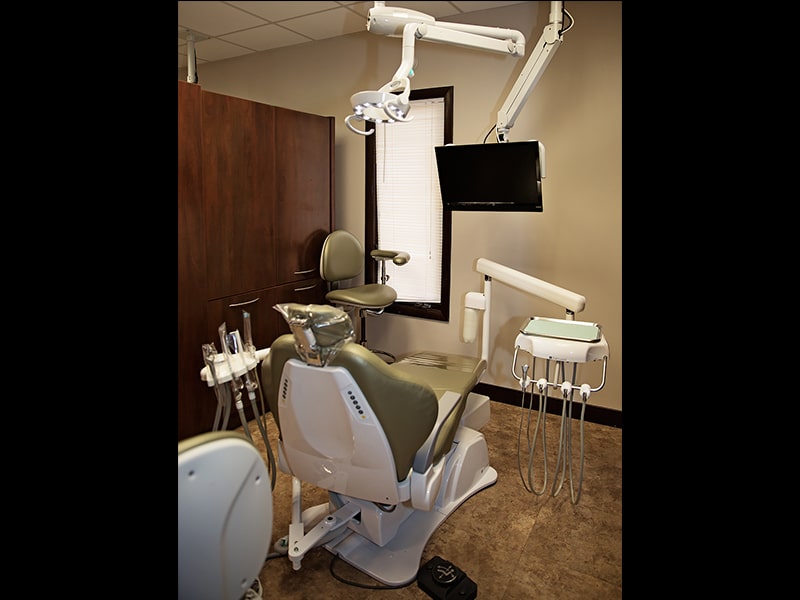Maintaining a healthy smile goes beyond just brushing and flossing. For many, the journey to a perfect set of teeth can take unexpected turns, particularly when it comes to tooth loss. The impact of losing a tooth extends far beyond aesthetics; it can significantly affect your oral health, including the alignment of surrounding teeth. Dental implants have emerged as a revolutionary solution to not only replace missing teeth but also support overall tooth alignment.
Dental implants are artificial tooth roots, typically made from titanium, that are surgically placed into the jawbone. They serve as a sturdy foundation for replacement teeth, which can be individual crowns, bridges, or even dentures. Unlike traditional dentures or bridges, which can shift and cause further issues, implants integrate with the jawbone, providing stability and permanence.
The process begins with a consultation, where a dentist assesses the condition of your teeth and jawbone. If you have sufficient bone density, the dentist will place the implant during a minor surgical procedure. Over the following months, the implant fuses with the bone, creating a strong foundation for the artificial tooth.
Preventing Teeth Shifting
One of the key benefits of dental implants is their ability to prevent adjacent teeth from shifting out of alignment. When a tooth is lost, the surrounding teeth may begin to drift into the gap, leading to misalignment. This movement can affect your bite and lead to further dental complications, such as uneven wear on teeth and temporomandibular joint (TMJ) disorders.
By placing a dental implant, the gap is filled, helping to maintain the original position of the surrounding teeth. This is crucial not only for aesthetic reasons but also for preserving your bite’s function. A well-aligned bite ensures that the teeth fit together correctly when you chew, reducing stress on your jaw and minimizing the risk of further dental problems.
Maintaining Bone Structure
Tooth loss can lead to bone loss in the jaw, as the bone requires stimulation from the tooth roots to maintain its density. When a tooth is absent, the jawbone may begin to shrink, resulting in a sunken appearance of the face and changes in the alignment of remaining teeth.
Dental implants are the only tooth replacement option that stimulates the jawbone, mimicking the function of natural tooth roots. This stimulation encourages the bone to retain its structure, preventing further deterioration. Consequently, implants support not just tooth alignment but also the overall structure of the face, maintaining a youthful appearance.
Supporting Overall Oral Health
Dental implants contribute to oral health in several ways. First, they make oral hygiene easier compared to traditional bridges or dentures. With implants, you can brush and floss just like natural teeth, which reduces the risk of gum disease. Healthy gums are crucial for maintaining tooth alignment and overall dental health.
Additionally, by preventing teeth from shifting and maintaining bone density, dental implants reduce the likelihood of bite problems, such as misalignment and jaw discomfort. When teeth align correctly, it distributes the forces of chewing evenly, preventing excess wear and tear.
Exploring Dental Benefits
As we approach the end of the year, it’s an ideal time to consider your dental benefits. Many insurance plans have annual limits, meaning any unused benefits will not carry over into the next year. If you have been contemplating dental implants, utilizing your benefits before the year ends can make the procedure more financially accessible.
Consult with your dental insurance provider to understand your coverage options. Some plans may offer partial coverage for dental implants, while others might provide financing options or payment plans. Taking advantage of these benefits not only aids in replacing missing teeth but also promotes overall dental health.
Dental implants are more than just a solution for missing teeth; they play a vital role in supporting tooth alignment and preserving oral health. By preventing the shifting of adjacent teeth and maintaining the structure of the jawbone, implants contribute to a well-aligned bite and a confident smile. If you’re considering dental implants or have questions about the procedure, don’t hesitate to reach out to New Smiles Dental. Taking the first step toward your dental health can lead to a lifetime of benefits.











